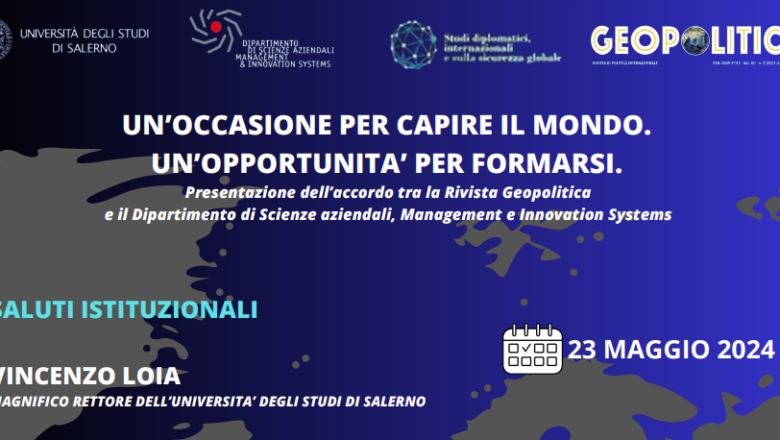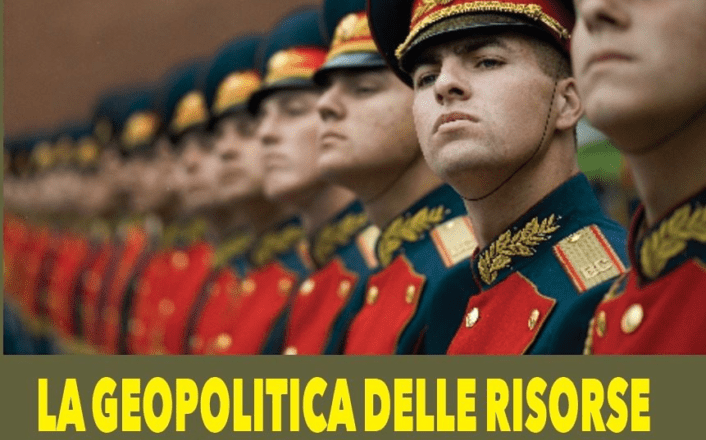
CALL FOR PAPERS VOL. XIV n. 1/2025 JANUARY – JUNE – English
The evolution of the concepts of "border" and "frontier" in geopolitics, international law and international relations
Topic:
History and evolution of the concept of border and frontier and related case studies and practical applications
Submission deadlines:
Abstract in English: 15 September 2024
Article: 15 January 2025
Publication date: June 2025
The concepts of border and frontier have been central to geopolitical theory, international law and the study of international relations. This issue of GEOPOLITICA aims to explore the multiple dimensions of these concepts, tracing their historical evolution and examining their relevance and transformation in contemporary academic research and practical applications.
Submis...







